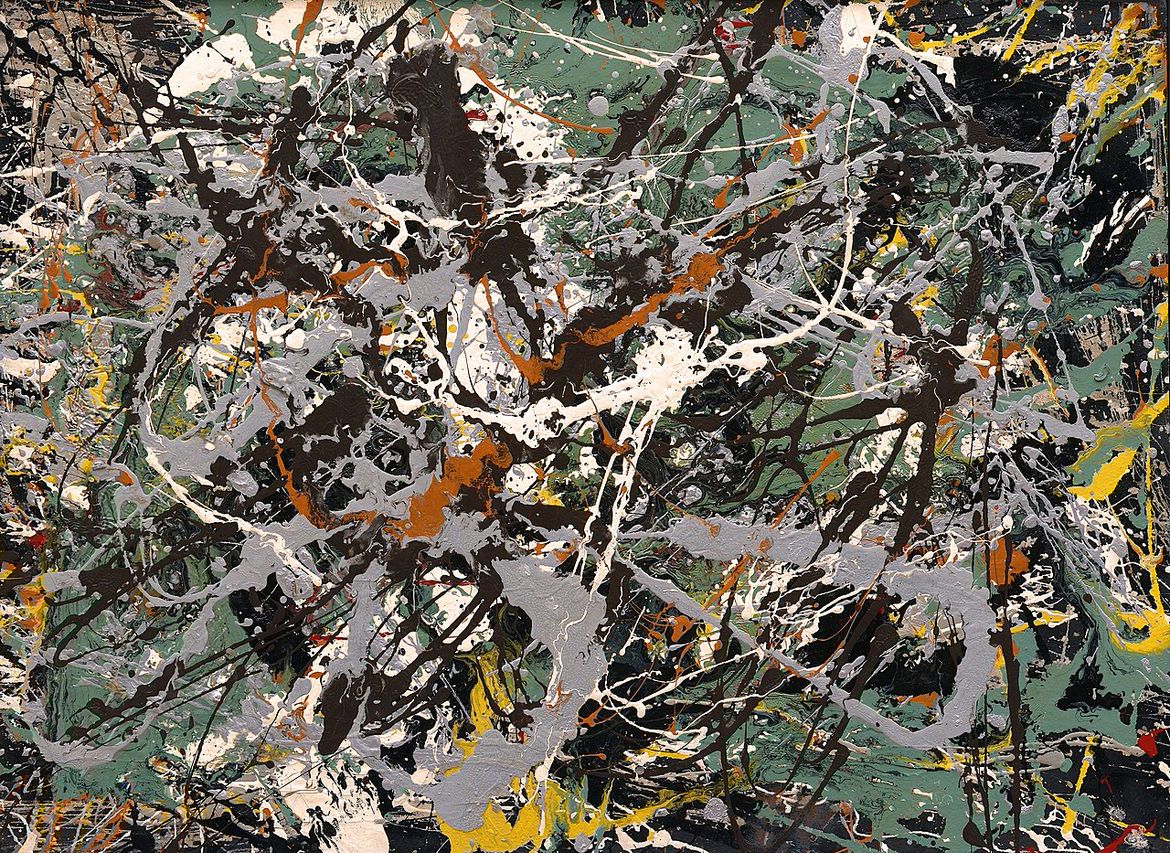La coscienza è tempo. "Esperienza e giudizio": eredità e sfida dell'ultimo Husserl
DOI:
https://doi.org/10.54103/2240-9599/21058Abstract
Time and time consciousness have always been for Edmund Husserl a kind of torment, a stimulus, an enigma, an 'ultimate and true absolute', as he wrote in the Ideen. This paper aims to show that Husserl addressed this topic, after the Vorlesungen, especially in his last published book Erfahrung und Urteil, presenting a solution that introduces a possible new perspective on thought. The conceptual core of this solution is found in the complex and fascinating analysis of passive temporal synthesis. Consciousness, temporality and perception become the terms of multiple equations in their fundamental, mobile and unguaranteed basis, in a way that challenges the centuries-old concept of the central unity of the constant ego. In the middle of dark times, aware of his 'discoveries' of the 1930s such as pre-predictivity, Lebenswelt, anonymous and functioning intentionality, and always on behalf of the new rationalism, this also seems to be one of the most important final responses given by Husserl to Heidegger, as well as one of his most fruitful legacies and challenges to further thinking.





